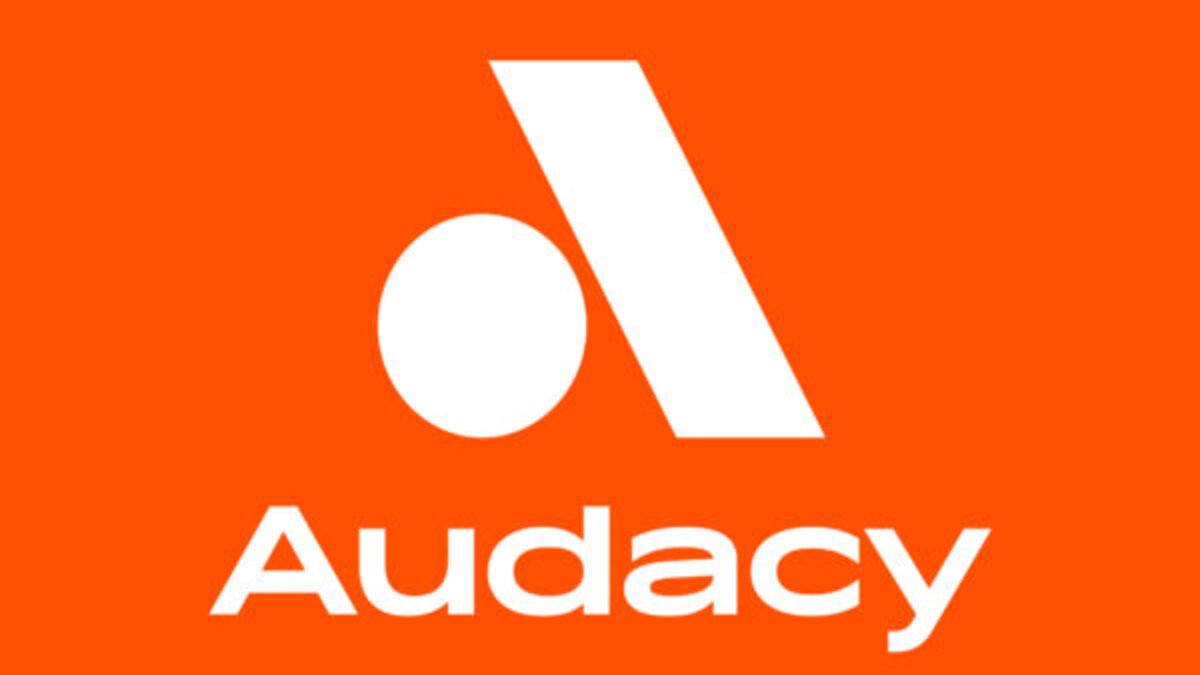Since I started writing this column several months ago, I have written about radio’s precarious position and criticized the industry’s leadership for harming the business. However, I have avoided directing harsh comments toward any company – until now.
This week, Audacy announced another round of workforce reductions (WFR)
(Full disclosure) My position at CBS Radio -Philadelphia was eliminated (stop me if you’ve heard this one before) for budget reasons. After CBS sold to Entercom, some people who remained after the transition helped me find a home in the new company as operations manager for the Minneapolis cluster. Modernizing WCCO-AM was the key role. After extensive talks, we agreed on a plan. I’ll just say everything changed from the day I started. It was a very difficult and short tenure with Entercom (now Audacy).
There was a hint that another round of workforce reductions was coming during Audacy’s second-quarter earnings call on August 5th. During the call, Audacy President and CEO David Field reported that after a promising first quarter, “deteriorating macroeconomic conditions and increasing uncertainty has caused ad spending headwinds, which had impacted our business. In second quarter our revenues grew 5%.”
Audacy’s results were especially disappointing, coming on the heels of iHeart and Salem reporting double-digit growth for the quarter and Townsquare announcing its all-time best second-quarter revenue and profits.
Field explained what steps the company would take to improve results for the third and fourth quarters. “We are working to enact substantial, sustainable savings through a number of measures to improve margins and profitability across the business. We believe we will be able to deliver meaningful cost reductions without hindering our strategic priorities and growth plans,” he said.
If that didn’t raise eyebrows for any Audacy employees listening, when CFO Rich Schmaeling elaborated, there could have been no doubt.
“If you look at our expense performance so far this year, you go back and see in the first quarter our expenses grew 8% year-over-year. They’re growing — they grew 6% year-over-year in 2Q, we’ve given guidance that for 3Q, expenses will be up 1% to 2%. So we are making substantial progress. We are working on a program to meaningfully reduce our expenses, and we will provide further details about the scope and extent of those actions on our third quarter call.”
Schmaeling repeated expense reductions were coming several times throughout the call.
Listening to a radio CEO and CFO talk about reducing expenses almost always means people are about to lose their jobs.
This week, reports are that up to 5% of the company’s total workforce, spread across all divisions and markets, could be laid-off. That means roughly 250 people will lose their livelihoods. Some already have.
The entire staff was let go, and all local programming was eliminated at 1250 The Fan in Milwaukee.
At WCCO-AM, Minneapolis, Mike Max is out, but at least he still has his full-time TV gig with WCCO-TV (the two are no longer affiliated). Unfortunately, producer Craig “The Hammer” Schroepfer, one of the best people I met at the station, isn’t so lucky. He’s a solid producer, and I hope somebody will pick him up. BTW Max was the only person at the station with conservative views.
Morning hosts were let go in Denver, Dallas, Seattle, and Pittsburgh, as well as several afternoon personalities across the country. Many others have already been let go, with more to come.
Field and Schmaeling are doing what they believe necessary to survive. The disappointing second-quarter results are in addition to the difficulty Audacy’s stock is facing. The NYSE warned that Audacy’s stock could face delisting because it has traded below $1 for 30 consecutive days. That’s a tremendous amount of pressure for anybody running a large company. Cutting expenses must seem like the easiest and quickest solution. Of course, cutting people just digs a deeper hole toward restoring long-term viability.
Cutting people to save a fiscal quarter reminds me of one of my favorite holiday movies, “National Lampoon’s Christmas Vacation.” Specifically, I’m referring to the scene where cousin Eddie (Randy Quaid) kidnaps Clark Griswold’s boss, Mr. Frank Shirley (Brian Doyle Murray), and brings him to the Griswold home where he sees the impact of cutting Christmas bonuses.
Realizing what he has done, Shirley says: “Sometimes things look good on paper but lose their luster when you see how it affects real folks. I guess a healthy bottom line doesn’t mean much if, to get it, you have to hurt the ones that you depend on. It’s people that make the difference.”
Hopefully, you’ve been lucky enough to work for at least one person or company who believed “people are our most important asset.” No matter the business, the product suffers when people are just lines on an expense sheet easily cut to maintain profits margins for the quarter.
Emmis is a company that treats people like its most valuable asset. A few weeks ago, I wrote about its departure from radio. I’ll share more from the extensive interview I had with CEO Jeff Smulyan and President of Programming Rick Cummings on their thoughts about what the industry needs to do going forward:
Rick Cummings: “Radio is going to have to evolve much more to spoken word and personalities, which is a tremendous hurdle when you consider what most of the big groups have done over the last 15 years, which is to voice track things and pipe things in from out of market. The only thing radio can offer these days that is unique is personality. Because music delivery as a linear system is really, really fading fast. I think that’s going to be a very challenging hurdle.”
More cuts mean less local programming, fewer unique personalities, and a reduction in personal connections in the community. It’s the exact opposite of what once made radio important to many people.
Jeff Smulyan succinctly sums up the net impact of the radio industry continuing to make cuts (I should emphasize that he was not referring to these workforce reductions or any specific company).
“The problem is the more they cut, the less compelling they make the product to the consumer.”
For now, Audacy will continue its workforce reductions and dig a deeper hole.
Andy Bloom is president of Andy Bloom Communications. He specializes in media training and political communications. He has programmed legendary stations including WIP, WPHT and WYSP/Philadelphia, KLSX, Los Angeles and WCCO Minneapolis. He was Vice President Programming for Emmis International, Greater Media Inc. and Coleman Research. Andy also served as communications director for Rep. Michael R. Turner, R-Ohio. He can be reached by email at andy@andybloom.com or you can follow him on Twitter @AndyBloomCom.







